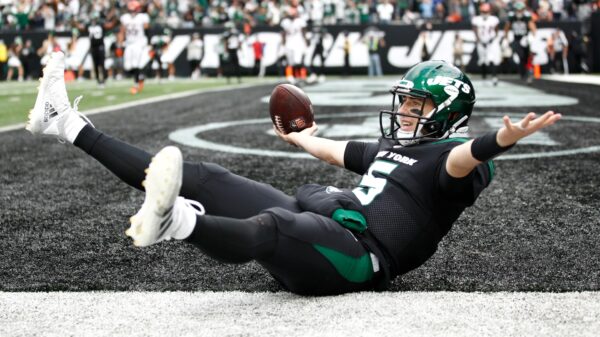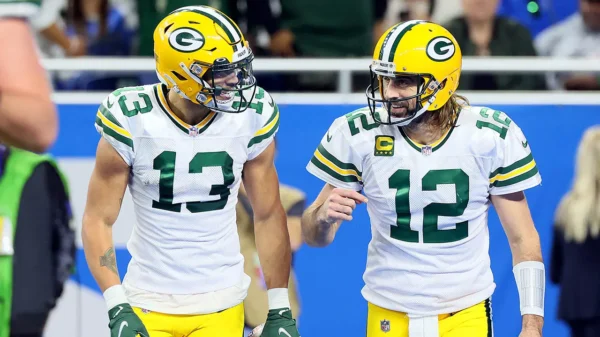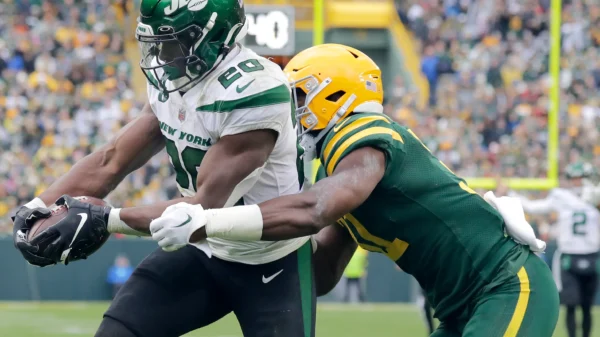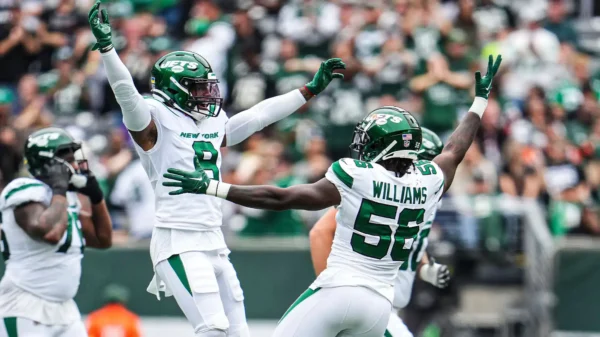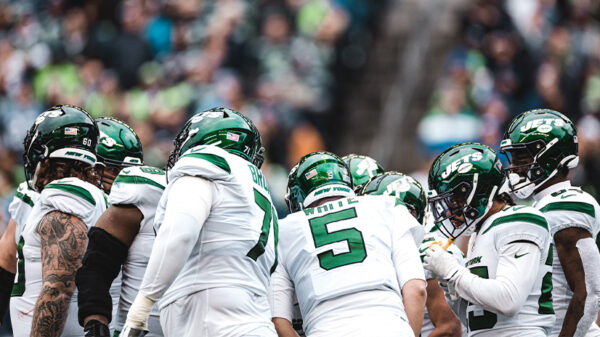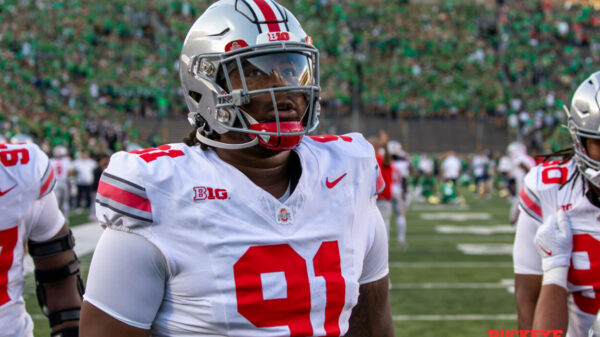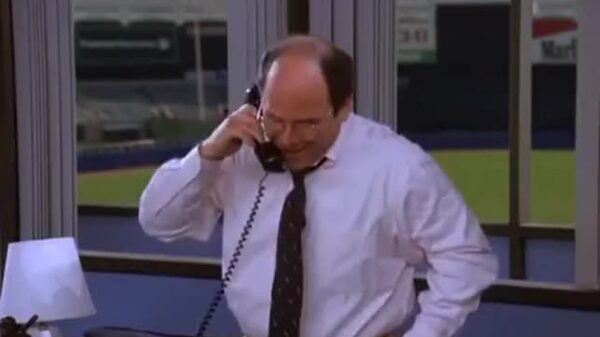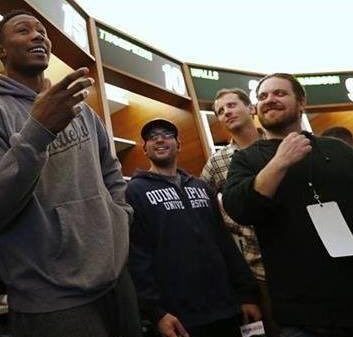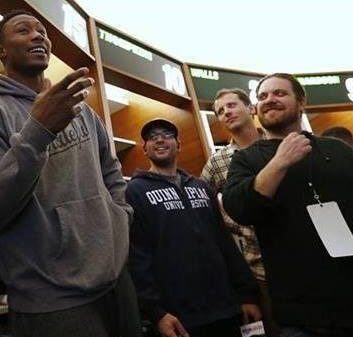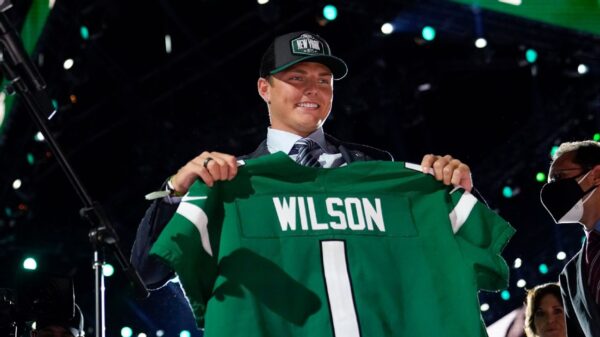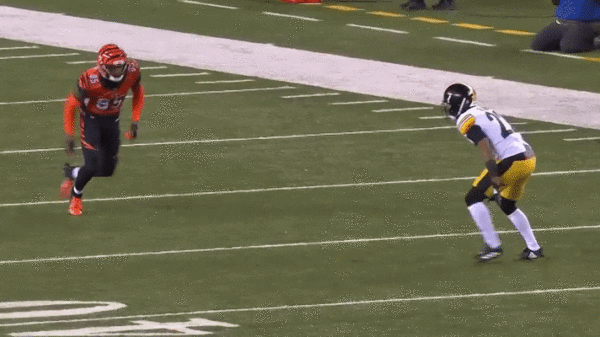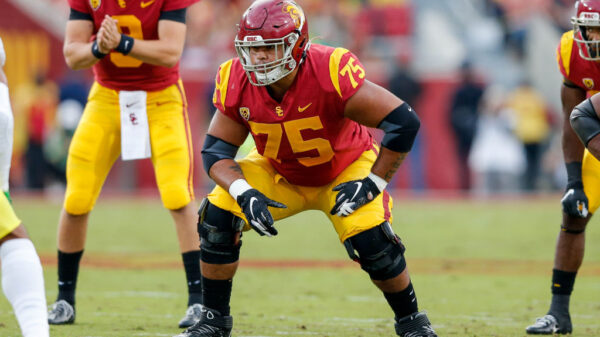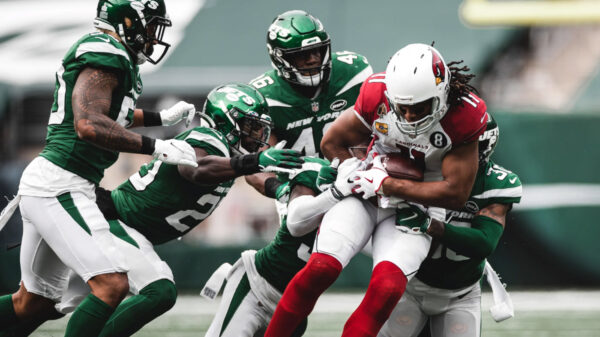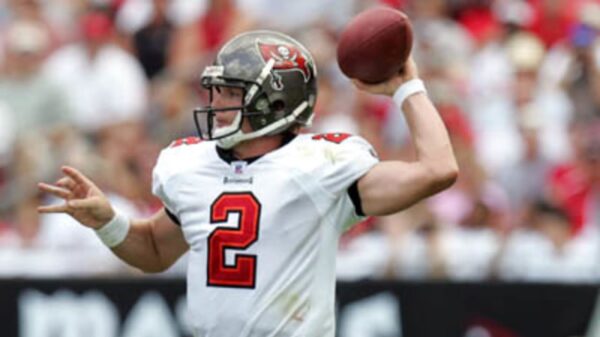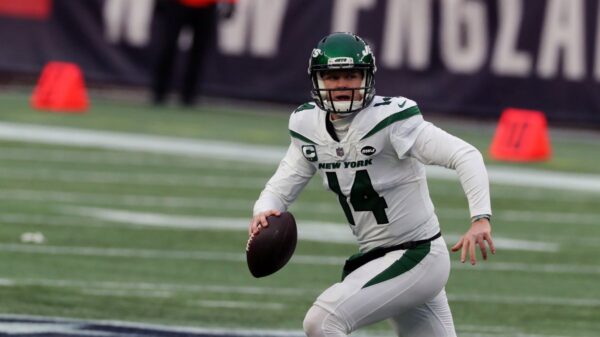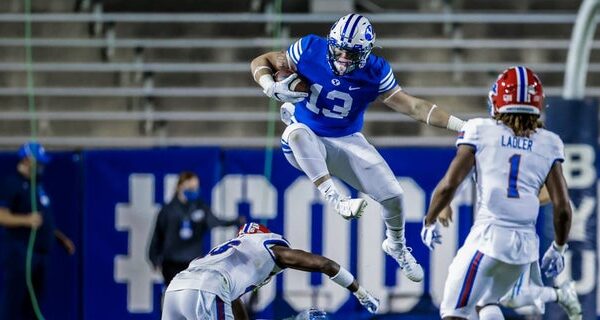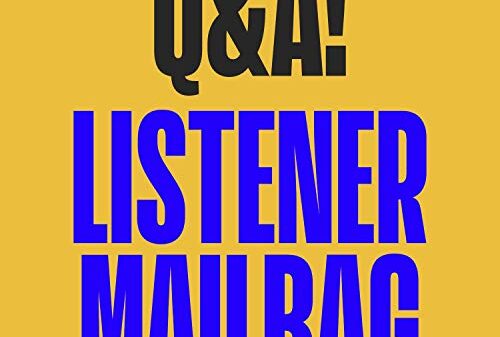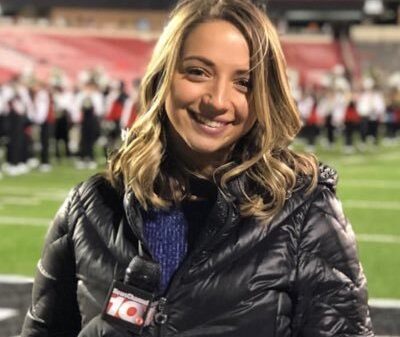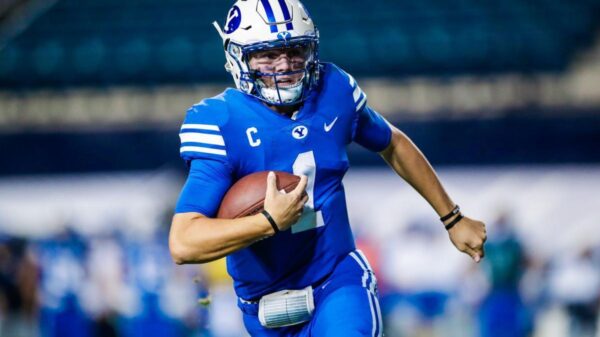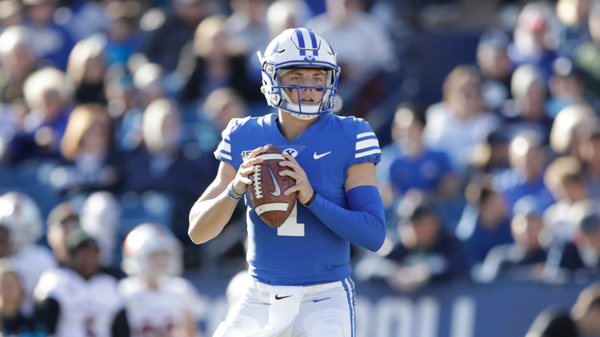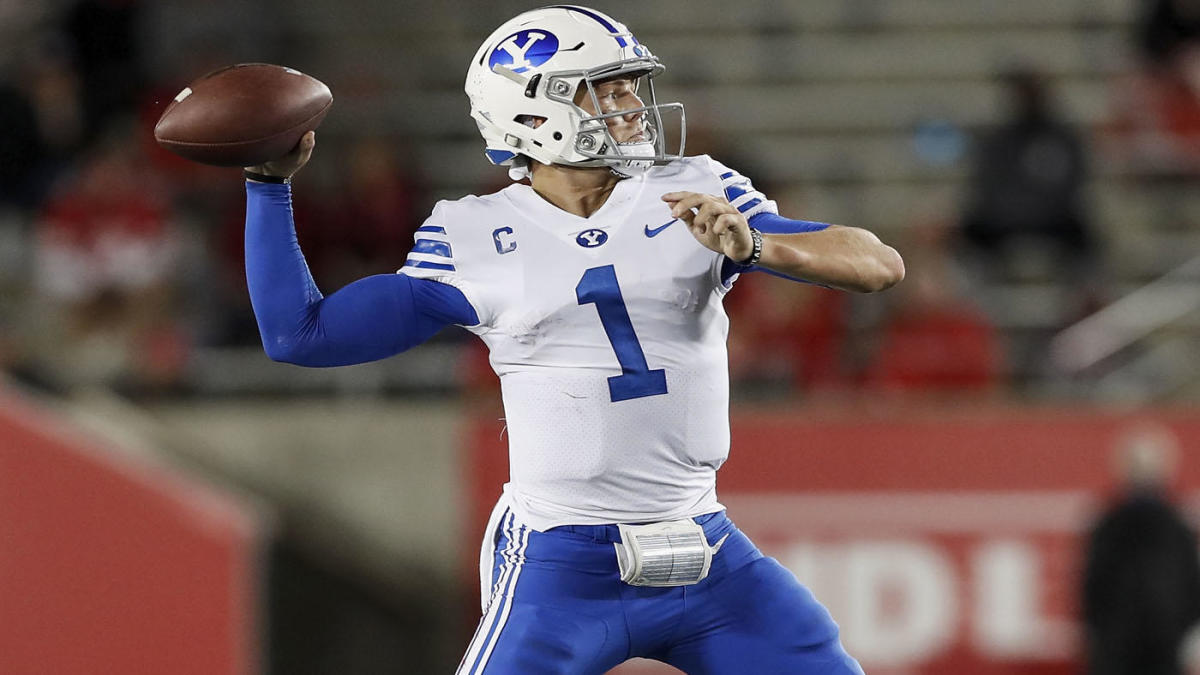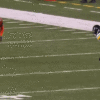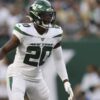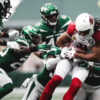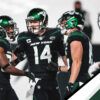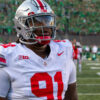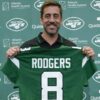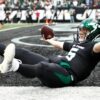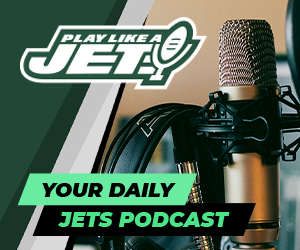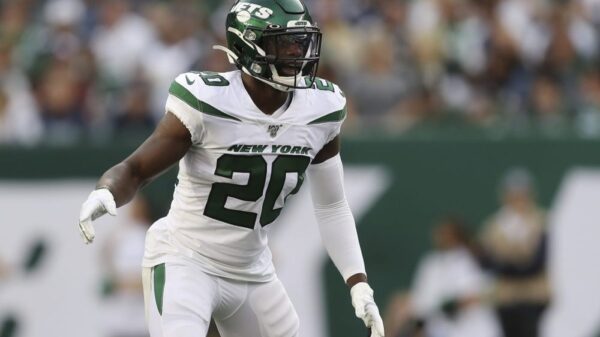Zach Wilson sustained a tear of the labrum in his throwing shoulder while in high school in Draper, Utah. Tears of the labrum are most commonly caused by physical injury or trauma. In Zach’s case, the injury was breaking the fall with an out stretched arm. After failing conservative treatment, he underwent an arthroscopic repair of torn labrum.
The shoulder is a ball (upper arm-humeral head) and socket (glenoid) held together by ligaments muscles and the labrum. The socket is like a plate with the ligaments connected to the outside of the plate by the labrum which is a thicken band of cartilage type tissue. If you think of the socket as a clock, most tears occur in the front of the shoulder from 12 to 6 o’clock or less. The symptoms are pain and sometimes the sensation of the shoulder slipping out of joint.
Labral tears are most commonly diagnosed by an MRI. If conservative therapy fails, an arthroscopic repair of the labrum is recommended. The repair consists of reattaching the labrum and ligaments to the bone of the socket. Being a that it is a minimally invasive procedure damage to the healthy tissue is avoided compared to an open procedure of yesteryear. Since the labrum is slow healing to the bone, it is not recommended to stress the shoulder for 4 to 6 months while it completely heals.
I have witnessed hundreds of professional and amateur athletes in my orthopedic practice after this surgery. Once healed the results are excellent with over 90% of athletes returning to their previous level of performance. Judging from Zach Wilson’s performance last year it appears that the injury/surgery had no ill effects on his throwing.
As far as his hand surgery goes it is not clear whether it was a repair of a fracture (break) or a ligament. Both of these injuries usually take 6 weeks to heal and again showed no ill effects to his throwing.
Since Zach Wilson had been struggling with this injury for several years, the surgery seems to have improved his throwing ability based on last year’s performance.
Therefore, in my opinion I would not consider these injuries to be a medical red flag in the NFL Draft for Zach Wilson.
Steven M. Stoller, MD FAAOS

